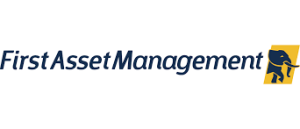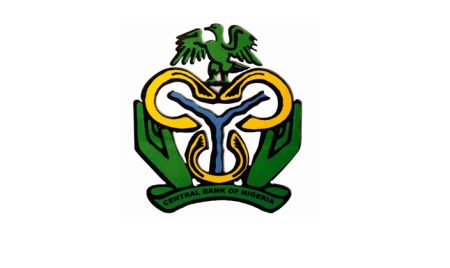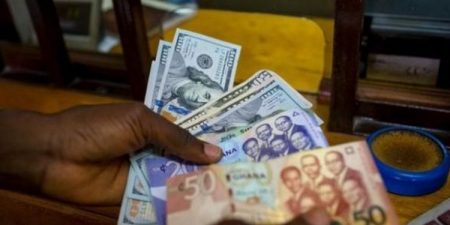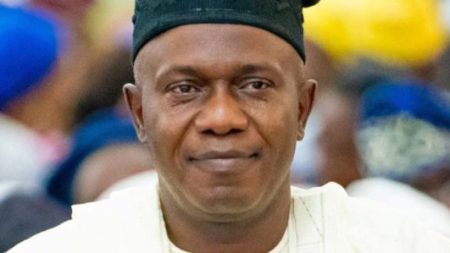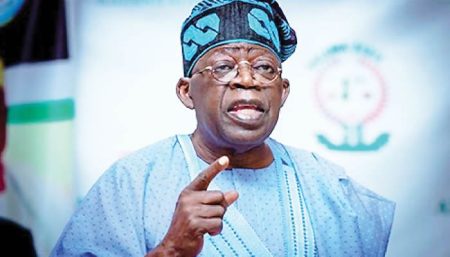Dangote’s Call for Import Ban Sparks Debate on Fuel Security and Monopoly Concerns
Alhaji Aliko Dangote, President of the Dangote Group, has ignited a contentious debate within Nigeria’s petroleum sector by advocating for the inclusion of refined petroleum products under the government’s “Nigeria First” policy. This policy, introduced by President Bola Tinubu, restricts government agencies from procuring foreign goods and services readily available within the country. Dangote’s proposal seeks to extend this ban to petrol, diesel, and other refined fuels, arguing that continuous importation undermines local refining capacity and discourages investment in the sector. He contends that “dumping” of cheap, often substandard, fuel from abroad, particularly from Russia due to price caps imposed on its petroleum exports, creates an uneven playing field for domestic refiners, forcing them to lower prices below production costs to remain competitive. He urges African governments to emulate protective measures implemented by the US, Canada, and the EU to safeguard their domestic industries.
Dangote’s appeal has been met with strong resistance from oil marketers and industry analysts. Independent Petroleum Marketers Association of Nigeria (IPMAN) and the Petroleum Products Retail Outlet Owners Association of Nigeria (PETROAN) have voiced concerns about potential monopolistic control if importation is banned. They argue that relying solely on Dangote Refinery, despite its substantial capacity, would leave the market vulnerable to price manipulation and supply disruptions. Marketers advocate for continued importation alongside local production to maintain competition, stabilize prices, and ensure a diverse supply base. They highlight the NMDPRA’s acknowledgment that Dangote Refinery alone cannot meet the nation’s entire fuel demand, reinforcing the need for multiple supply sources.
Further intensifying the debate are accusations of “dumping” leveled by Dangote against importers, alleging they bring in substandard fuel that wouldn’t be permitted in Western markets. This raises critical questions about the quality control measures in place for imported fuel and the potential health and environmental risks associated with such products. Dangote claims these imports, often subsidized or sourced using discounted Russian crude, undercut locally refined fuel, hindering the growth of the domestic refining industry. He cites the lower prices of petrol and diesel in Nigeria compared to even Saudi Arabia, a major oil producer and refiner, as evidence of this “unfair competition.”
Expert opinions further complicate the issue. Professor Dayo Ayoade, an energy expert at the University of Lagos, cautions against a ban on fuel imports, emphasizing the risk of granting a monopoly to a single private entity. He underscores the importance of energy security and national security, advocating for a diversified supply base. Ayoade suggests encouraging the development of other refineries, including potential privatization of NNPC refineries, before considering import restrictions. He also points to the complexities of international trade law, which typically discourages outright bans on imports.
Dangote, however, refutes the monopoly accusations, asserting that many individuals with the resources to invest in Nigeria choose to criticize from the sidelines while investing their wealth abroad. He defends his call for import restrictions as a means to encourage local investment and strengthen domestic refining capacity. He cites his refinery’s substantial export volumes in recent months as proof of its ability to meet domestic demand and contribute to the national economy. He maintains that the “Nigeria First” policy should apply across all sectors, including petroleum, to safeguard local industries from unfair competition.
While supporting Dangote’s call for more local refineries and the revocation of dormant refinery licenses, marketers remain firmly opposed to an import ban. IPMAN stresses the need for multiple refineries to boost exports and prevent any single entity from dominating the market. This highlights the complex interplay between promoting domestic production and safeguarding against monopolistic tendencies. The debate also raises questions about the role of government regulation in balancing these competing interests and ensuring a stable and competitive fuel market.
The ongoing controversy surrounding Dangote’s proposal underscores the challenges of balancing national interests, economic development, and market competition in a strategically important sector like petroleum. It highlights the need for careful consideration of the potential consequences of import restrictions, including the risk of monopoly formation, supply disruptions, and price volatility. The debate also brings into focus the importance of fostering a transparent and competitive market environment that encourages both local production and responsible importation to ensure a secure and affordable fuel supply for Nigeria.




